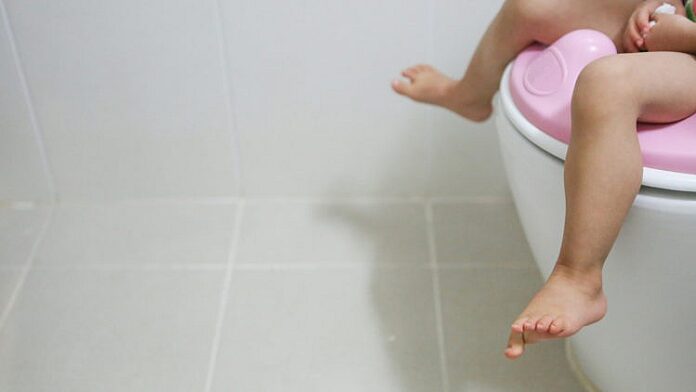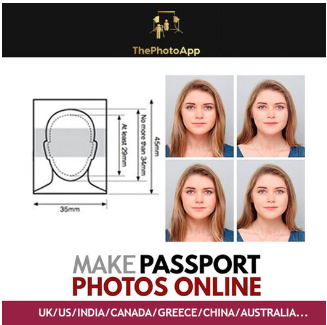I used to be dizzy with questions till the household physician assured me that my two-year-old daughter was going to be simply nice.
“Unique.” It’s not the phrase you need to hear as a physician examines your two-year-old daughter’s vagina. Especially when you don’t have any context. Especially when you hadn’t seen something “unique” about it your self. But that was the phrase utilized by the on-call doctor as he stumbled over my daughter’s signs. Eventually, he spit out a extra descriptive time period, labial adhesion.
My daughter had repeatedly expressed that her “gyna hurt” over the course of the day. My first intuition was a bladder an infection, a speculation backed by a Google search. But we had been to the seaside that week, too—possibly she had some irritation from the sand? Labial adhesion undoubtedly hadn’t come up in my search. In truth, in 33 years of getting my very personal vulva, it wasn’t even one thing I had heard of.
The physician pulled aside the outer lips of my two-year-old’s vagina, and revealed a full fusion of her labia. My coronary heart sank. “Isn’t that where the opening to her cervix is supposed to be?” He nodded. “But it’s not there,” I mentioned. “There isn’t a hole where her cervix is supposed to be.”
Having been born in the midst of the pandemic, most of my daughter’s physician appointments have been digital. Was it doable her fusion was missed? And if it had been, was her anatomy totally developed? Did she have a uterus? Would she be capable to have kids in the future? Could she be intimate as an grownup? My thoughts spiraled by way of each doable “what if.” Augmenting these issues was a hand-drawn diagram of a vulva and an pressing pelvic ultrasound requisition supplied by the on-call physician.
I hardly slept that evening. I hardly slept the days afterward. It wasn’t till I met with our household physician and spoke to Dr. Joana Dos Santos, employees medical urologist at the Hospital for Sick Children in Toronto—each of whom alleviated my worst fears—that I may lastly really feel some sense of aid.
Here’s what I realized.
What is labial adhesion?
A fused labia, or labial adhesion, occurs when the inside folds of the labia in the vulva (the half overlaying the urethra and vagina openings) stick collectively as a substitute of remaining separate.
What causes the labia to fuse collectively?
Labial adhesion just isn’t, the truth is, a start defect. “Although the cause is not completely known, the inner labia is thought to get fused due to the lack of estrogen in prepubertal girls,” says Dos Santos. Experts additionally consider that frequent irritation or irritation, attributable to issues like diaper rash, poor hygiene or strongly perfumed soaps, might trigger the labia to finish up caught collectively.
How widespread is labial adhesion and at what age does it happen?
Dos Santos known as the situation “common,” noting that labial fusion is reported in as much as 5 % of ladies earlier than they attain puberty. The peak incidence of labial adhesion is between three and 23 months.
Should you be fearful in case your baby is identified with fused labia?
Here’s the excellent news and what I want I had recognized: the situation is comparatively innocent. “Most cases are asymptomatic, accidentally found by caregivers or by a healthcare provider during a routine exam,” says Dos Santos. However, if the labial fusion is in depth, it could block the urinary stream and trigger urinary tract infections, or in uncommon instances, problem urinating.
What are the therapies for labial adhesion?
For most kids with the situation, the adhesions are small and can separate on their very own, one thing that usually occurs throughout puberty when estrogen surges happen. In the presence of signs, docs can deal with the adhesion with a topical steroid cream which separates the labia. However, in additional extreme instances like recurrent or full fusions, surgical procedure could also be mandatory.
After an examination by our household physician, we all know for positive that our daughter has full fusion. And whereas she might, in a really uncommon case, require surgical procedure, it’s been beneficial we wait to see if her labia will separate over time.
If your baby or baby is experiencing gynecological points or signs, it’s greatest to go to your physician. But in the meantime, you can relaxation assured understanding that adhesions don’t trigger any long-term points and, as a rule, resolve on their very own.


